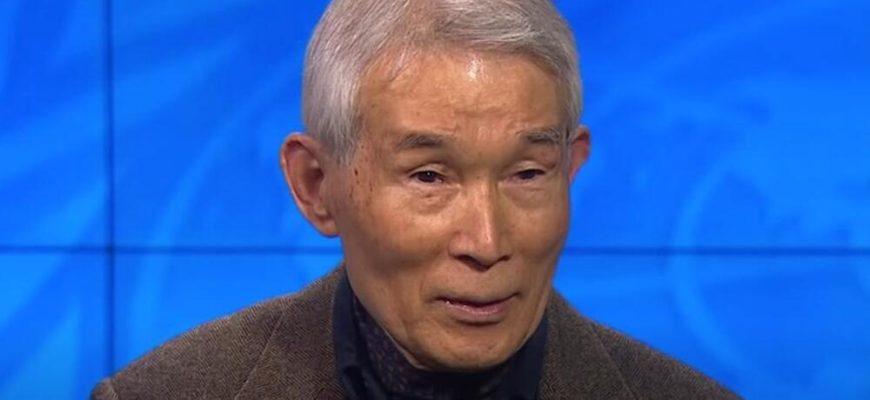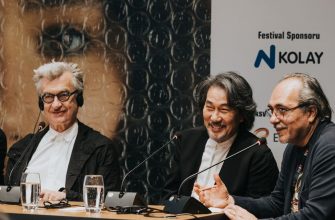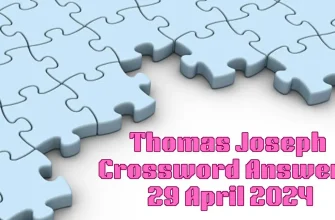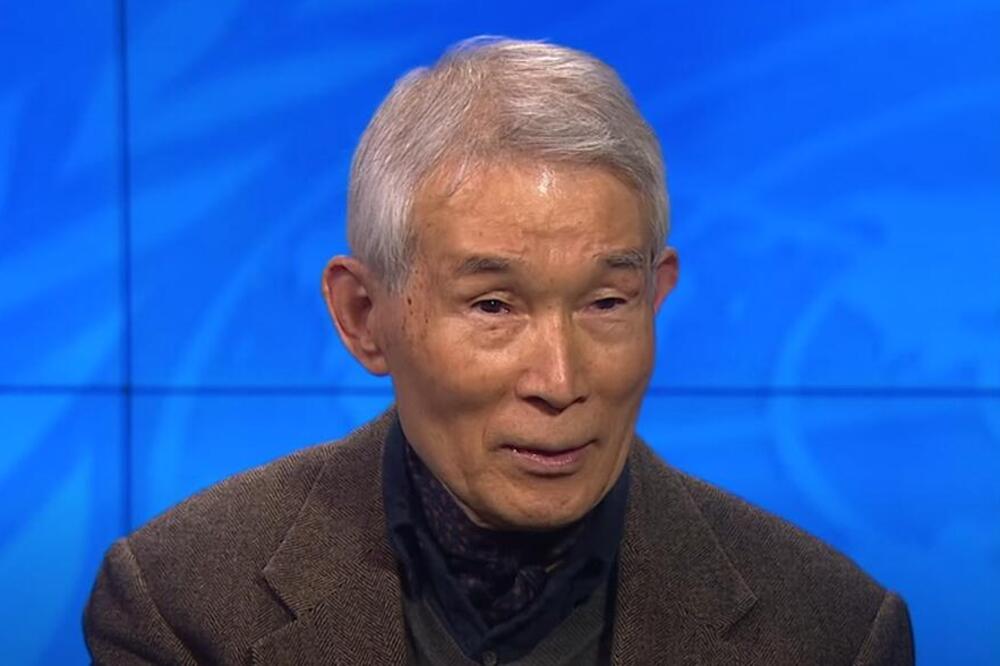
Tsutomu Yamaguchi, Photo: Princescreen/Youtube/United Nations
Tsutomu Yamaguchi lived and worked in Nagasaki, but in the summer of 1945 he went on a three-month business trip to Hiroshima.
That August 6, he was about to leave the city with two colleagues and was on his way to the train station when he realized he had forgotten the documents he needed to travel from one city to another during martial law. So he returned to his workplace and at 8:15 a.m. he was on public transportation when the American B-29 Enola Guy bomber dropped its deadly payload somewhere in the clouds above him.
Yamaguchi later said he heard the plane but ignored it. After all, it was a war and bombers were constantly flying over Japan. And then there was an explosion and all Yamaguchi saw was light.
Yamaguchi was only 3 kilometers from the place where the atomic bomb exploded. The force ruptured his eardrums, the light temporarily blinded him, and the ensuing avalanche left him with severe burns across the left side of his torso.
Detonation of the atomic bomb on Hiroshima
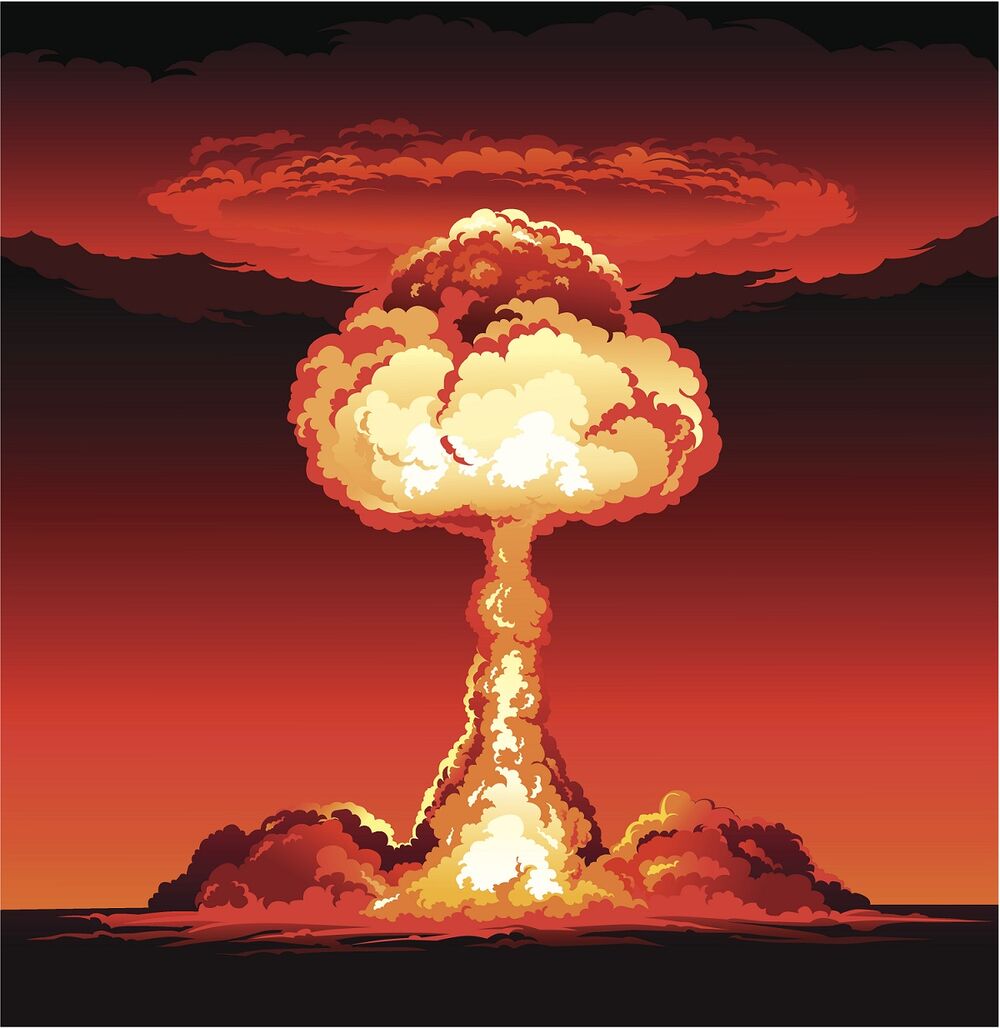
After regaining consciousness, Yamaguchi went to look for his colleagues. It turned out that they also survived. They spent the night together in a shelter before returning home the next day – to Nagasaki, 320 kilometers away.
The second atomic bomb
In Nagasaki, Yamaguchi healed the wounds. Although his family urged him to lie down, two days later, he showed up at work in bandages. It was around 11 o’clock on August 9, 1945, and he was telling his colleagues about the horrors he had experienced in Hiroshima. None of them could believe that one bomb could destroy an entire city and they listened to the story skeptically. And then they themselves felt the explosion. At 11:02 a.m., an American bomber dropped the “Fat Man” atomic bomb on the city.
Yamaguchi was not injured in the blast this time, but the high heat burned the bandages and once again burned his sensitive skin. For more than a week after, he suffered from high fever and continuous vomiting.
Yamaguchi’s family – his wife and young daughter – also survived the bombing. The couple later had two more daughters. During the Allied occupation of Japan, he worked as a translator and later got a job at Mitsubishi designing oil tankers.
He bore the consequences of the bombing both physically and mentally. He could no longer hear in his left ear, he temporarily lost his hair, and he wore bandages on sensitive parts of his skin for years. The scars in those places remained with him for the rest of his life.
Life after the bombing
In 1957, he received the status of “hibakusha” (“person affected by the explosion”) in the bombing of Nagasaki, but it was not until March 24, 2009 that the Japanese government officially recognized his presence in Hiroshima three days earlier. After that, the media became interested in his story and nicknamed him “The Man Called Luck” and “Atomic Man”.
Yamaguchi became a public opponent of the use of nuclear weapons and remained so until a very old age. In the eighties, he wrote a book about his experiences, as well as a book of poetry. He participated in a documentary film about “double survivors” called “Twice Survived: The Doubly Atomic Bombed of Hiroshima and Nagasaki” which was shown at the United Nations in 2006.
At the screening, he advocated the abolition of atomic weapons.
– The reason I hate the atomic bomb is because of what it does to people’s dignity – he said in an interview near the end of his life.
In his later years, Tsutomu Yamaguchi succumbed to what is medically known as “radiation sickness” including cataracts and acute leukemia. He died of stomach cancer on January 4, 2010 at the age of 93, and his wife also died of cancer.
(Espresso/Informer)
